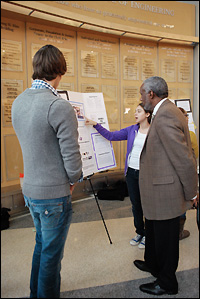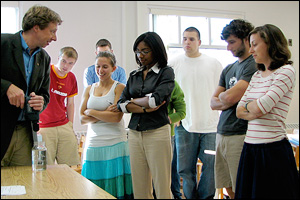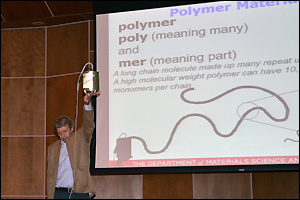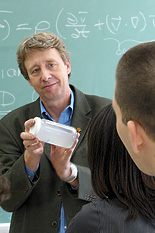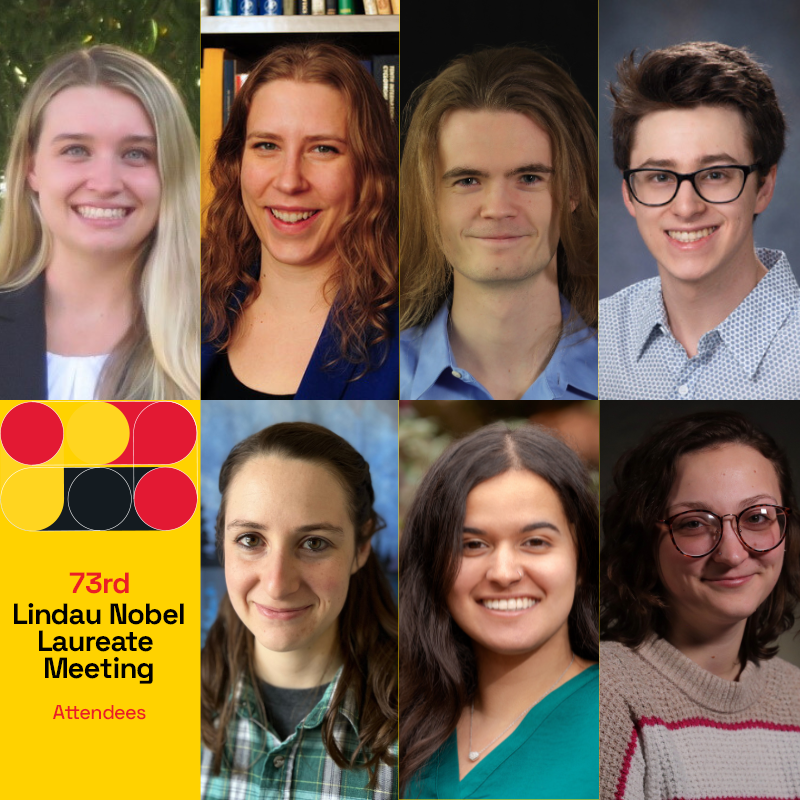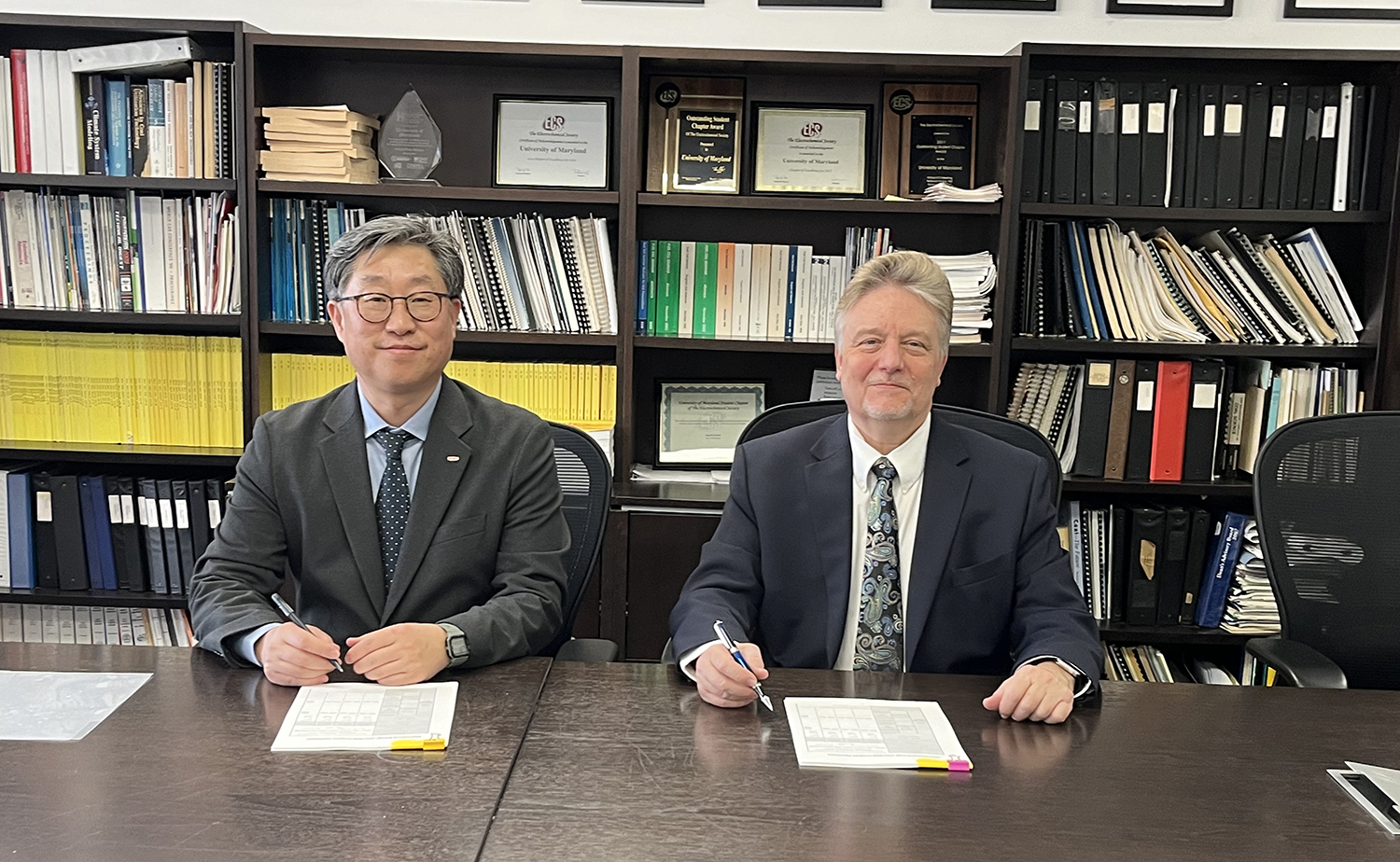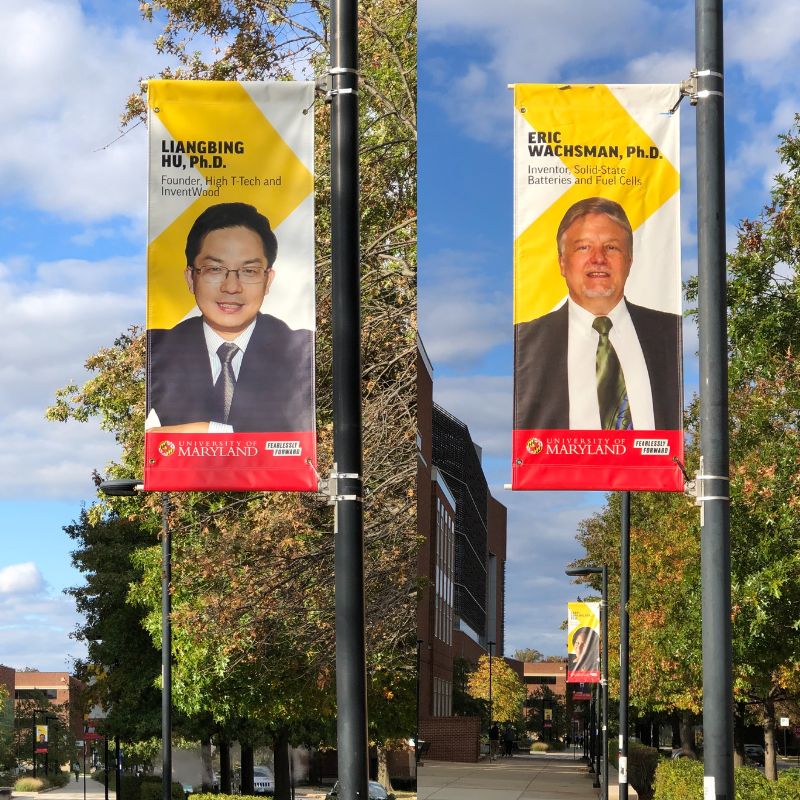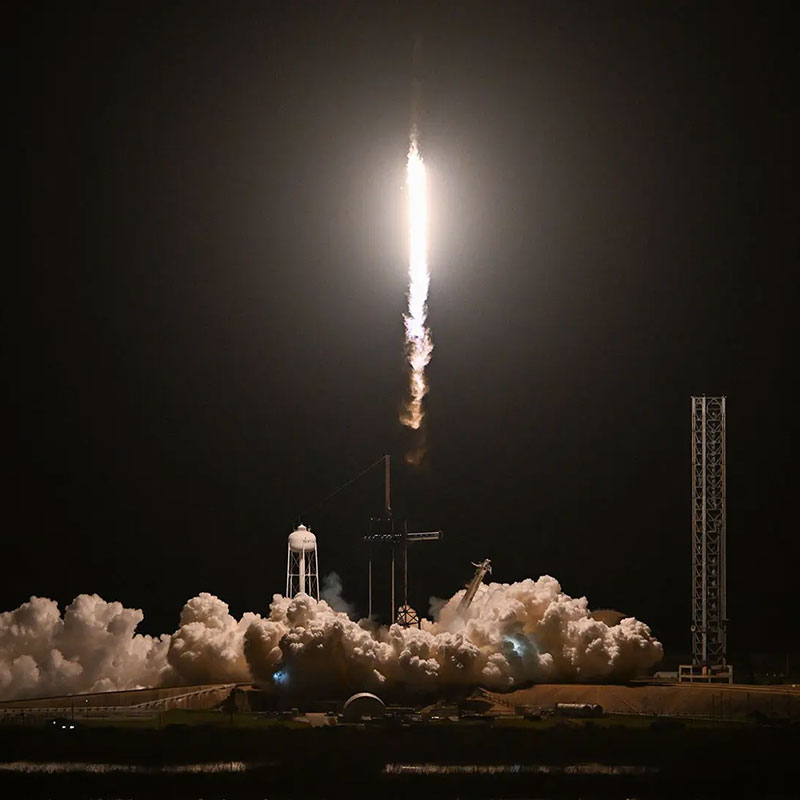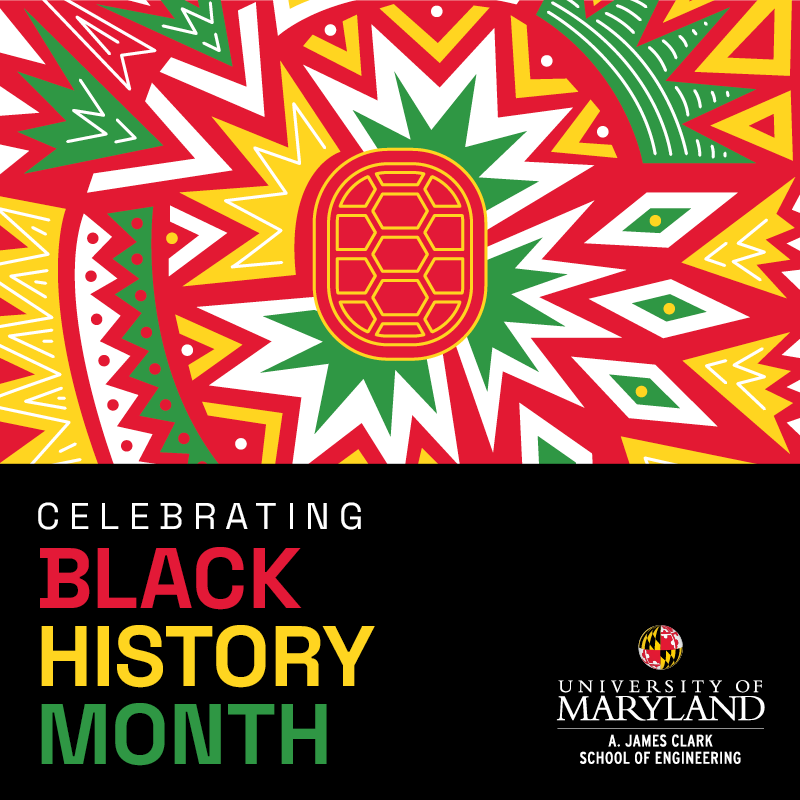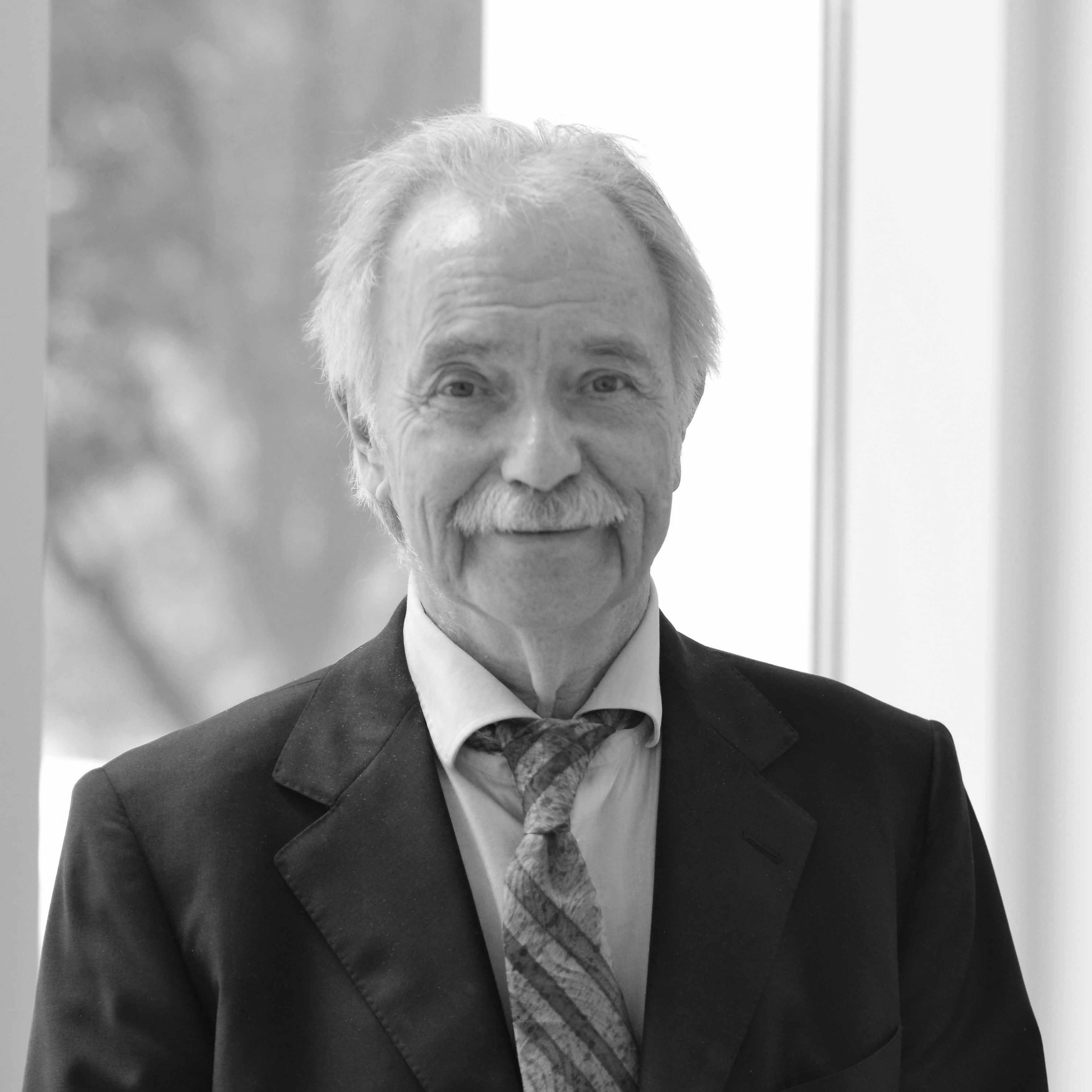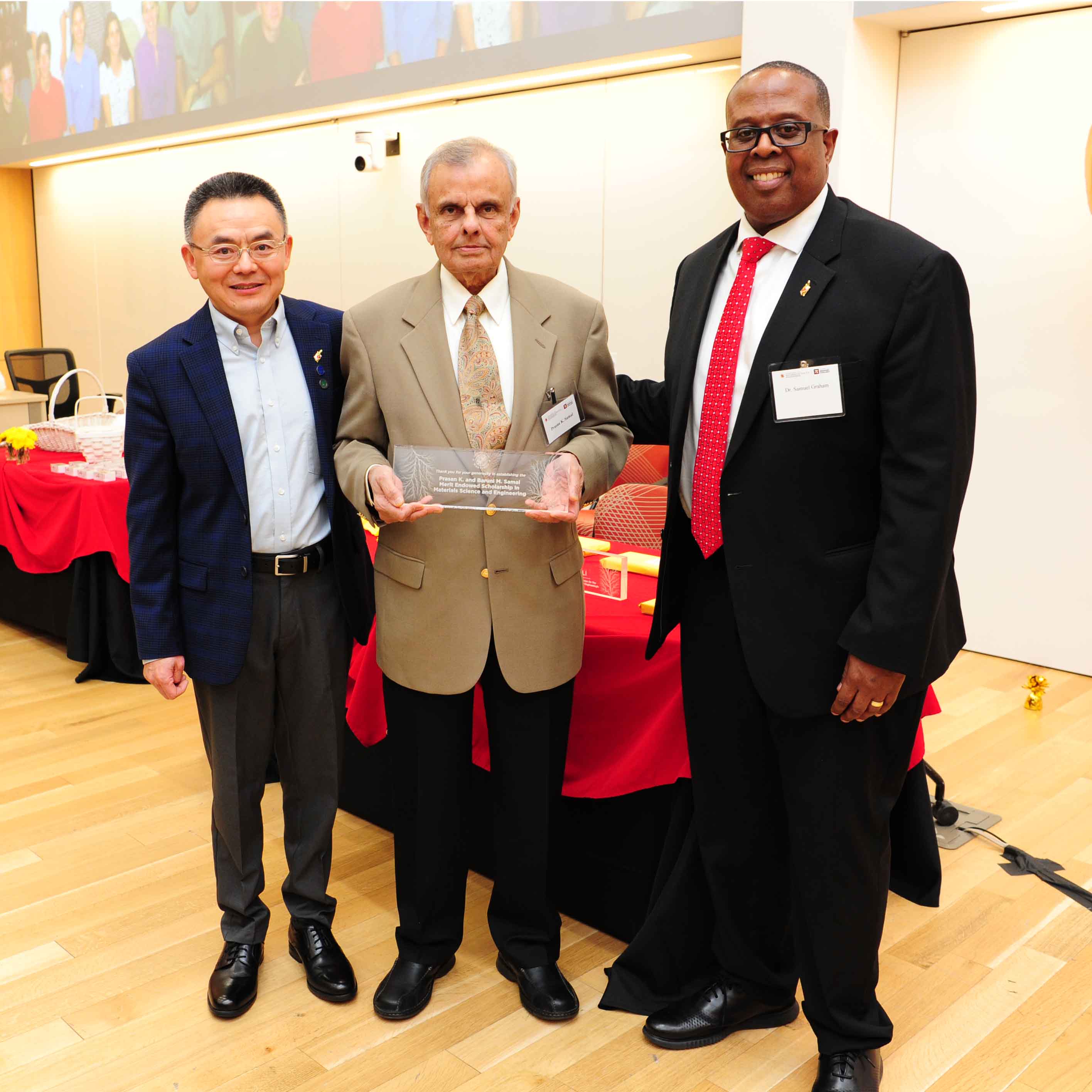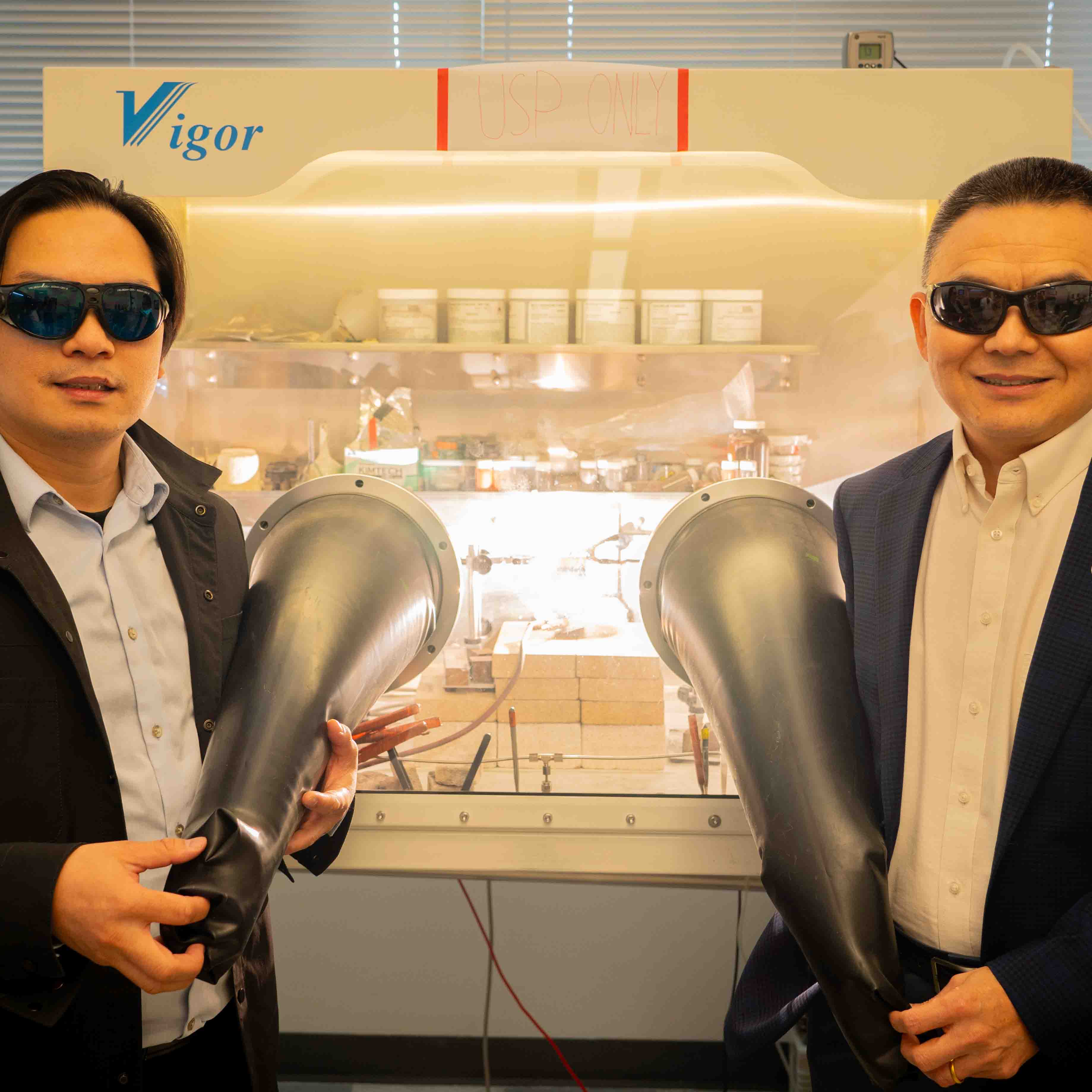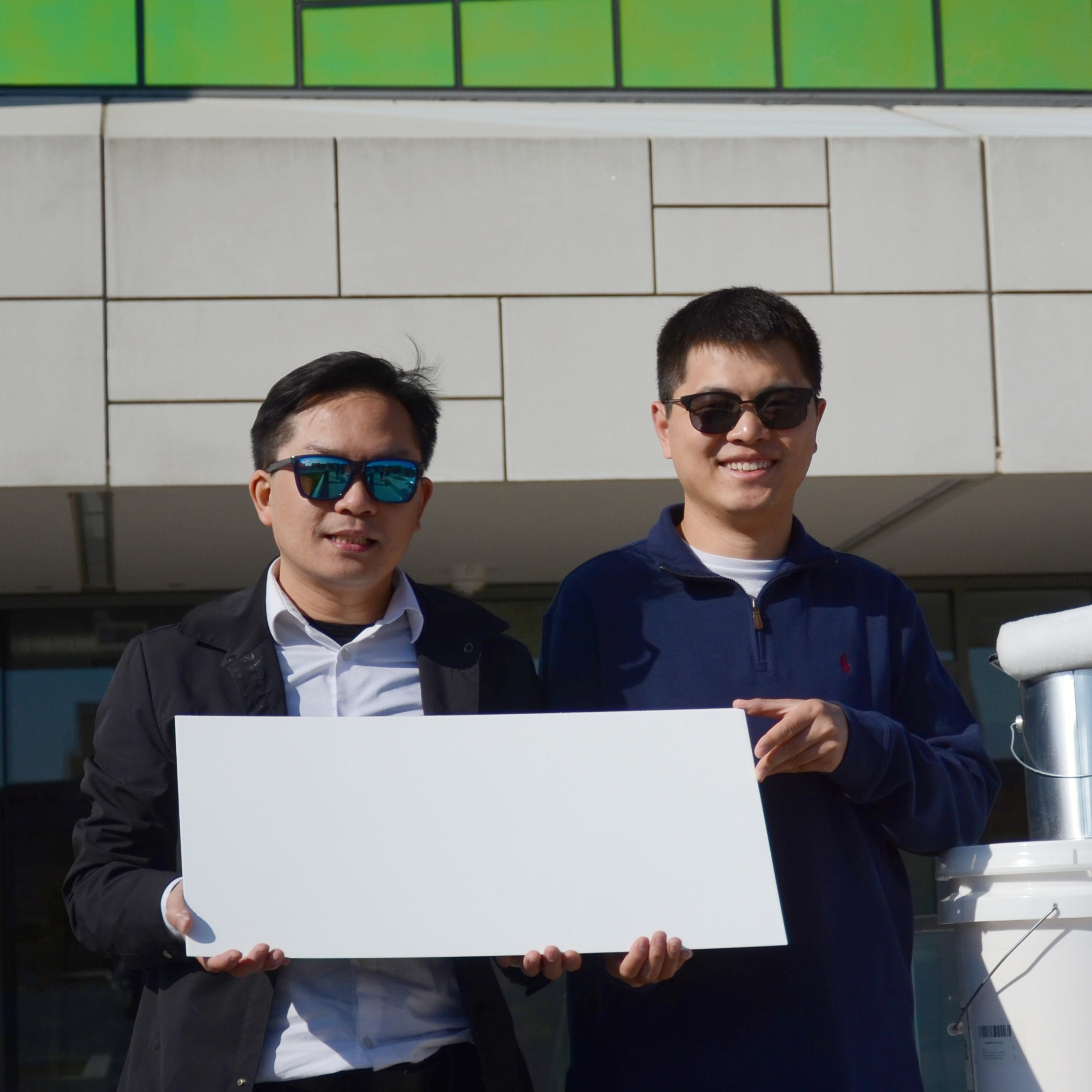News Story
Briber, Oehrlein Courses Selected for I-Series
Two courses taught by Department of Materials Science and Engineering (MSE) faculty have been designated for the University's "I" series, the pilot of the proposed General Education program that represents the evolution of the traditional CORE course requirements. Professor and Chair Robert M. Briber and Professor Gottleib Oehrlein will be sharing their expertise with undergraduates from majors throughout campus as part of a university initiative to expose non-science majors to the roles of science, engineering, math and technology in historical and contemporary issues, as well as in addressing the world’s most challenging problems.
Dr. Briber's course, ENMA 150: The Materials of Civilization, is already being taught as part of the university’s two-year-old Marquee Courses in Science and Technology program. ENMA 150 covers the role of materials throughout history to the modern day, and explores the relationship between advances in materials and advances in civilization. Students in the course are provided with an understanding of the basic science that controls material properties and learn about the future of technology-based breakthroughs in the materials that are driving the fields of nanotechnology, nano-medicine, microelectronics and biomaterials. ENMA 150 fulfills one of the A. James Clark School of Engineering’s strategic plan initiatives to increase the technological literacy of all students by encouraging its faculty to develop and teach courses for non-engineering undergraduates.
"The [ENMA 150] students are great and working with other faculty in the [Marquee] program really helps bring innovative ideas for teaching science and technology to the classroom," says Briber. "Our goal is to train leaders in business, government and academia. They need an understanding of the process of science and how it turns into technology if they are to make informed decisions."
The challenge of making informed decisions about how we develop and implement technology is what inspired Dr. Oehrlein to create his I-Course, titled "Bigger, Faster, Better: The Quest for Absolute Technology."
Oehrlein's course will address the applied science and engineering concepts necessary to understand important technological advances and breakthroughs; the motivations behind pursuing technology-based world records; the political, economic, societal and personal decisions that are the driving forces behind major technological advances; historical breakthroughs and failures in the adoption of new technologies; and critical, differentiated evaluations of novel technologies to determine how they will improve or potentially damage our lives.
"The technologies we use are constantly becoming obsolete," says Oehrlein. "We're racing faster and faster toward a place that we don't really know, and many implications of new technologies aren't immediately clear. What I hope to do is stimulate students to think about the technology choices we have as we move forward and consider the potential benefits and consequences ahead of time."
For More Information:
Learn more about the new I-Series courses »
Visit the Marquee Courses in Science and Technology web site »
Published March 8, 2010

